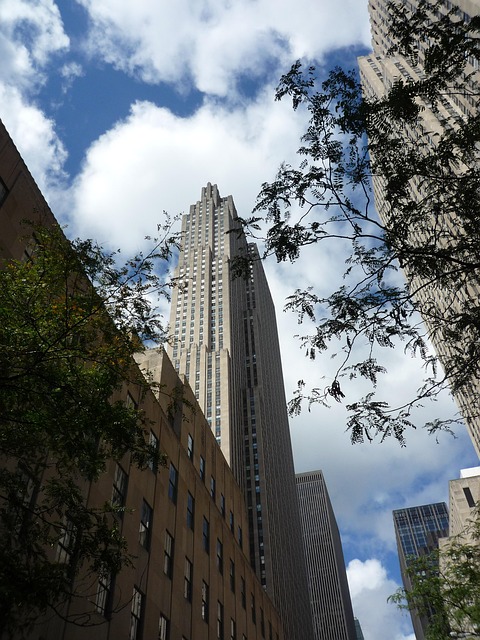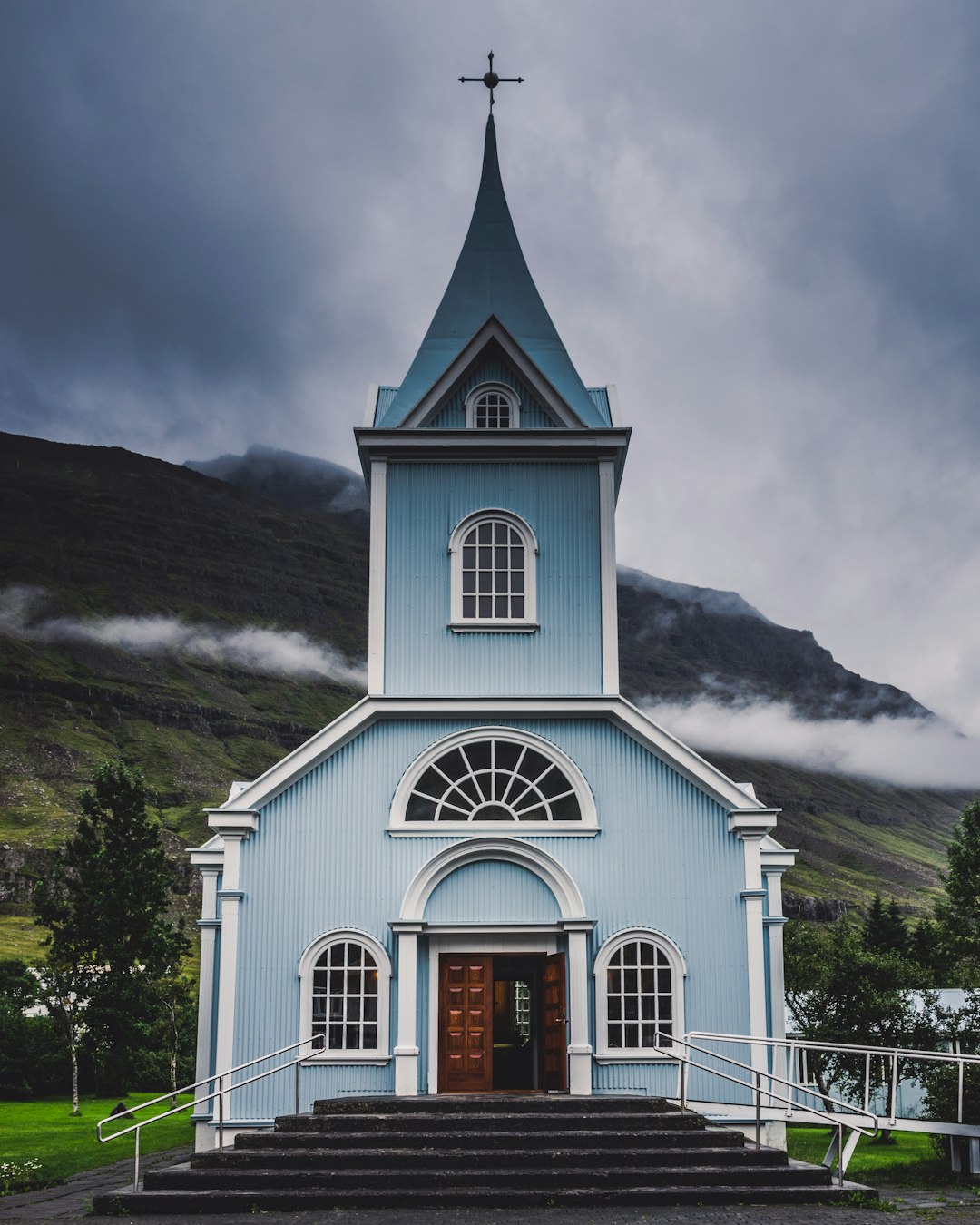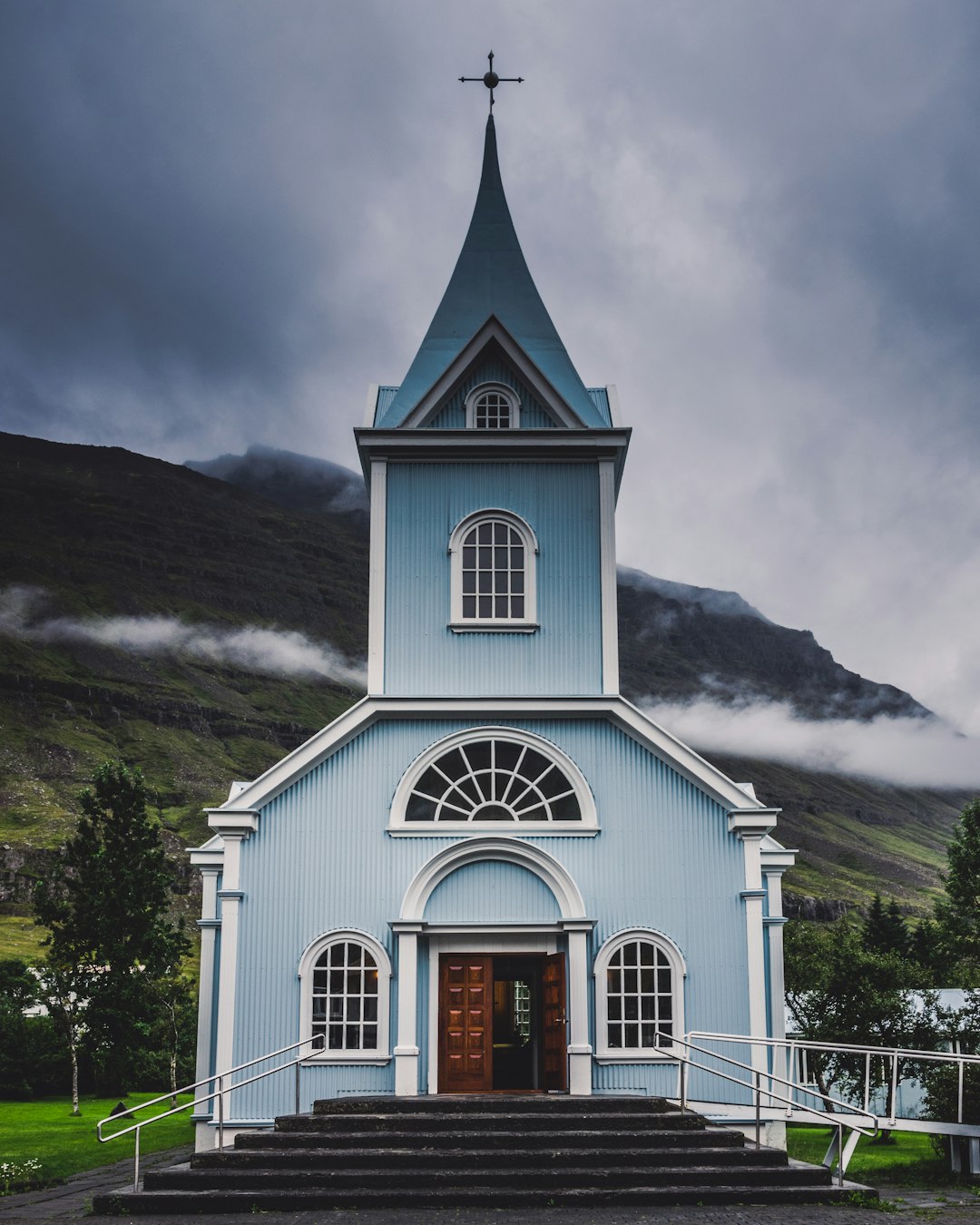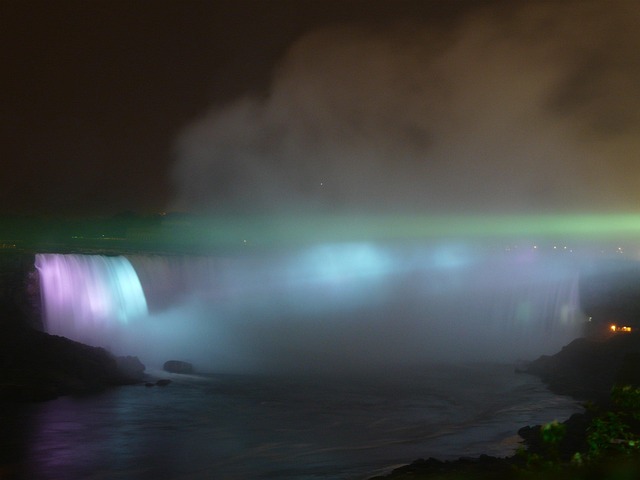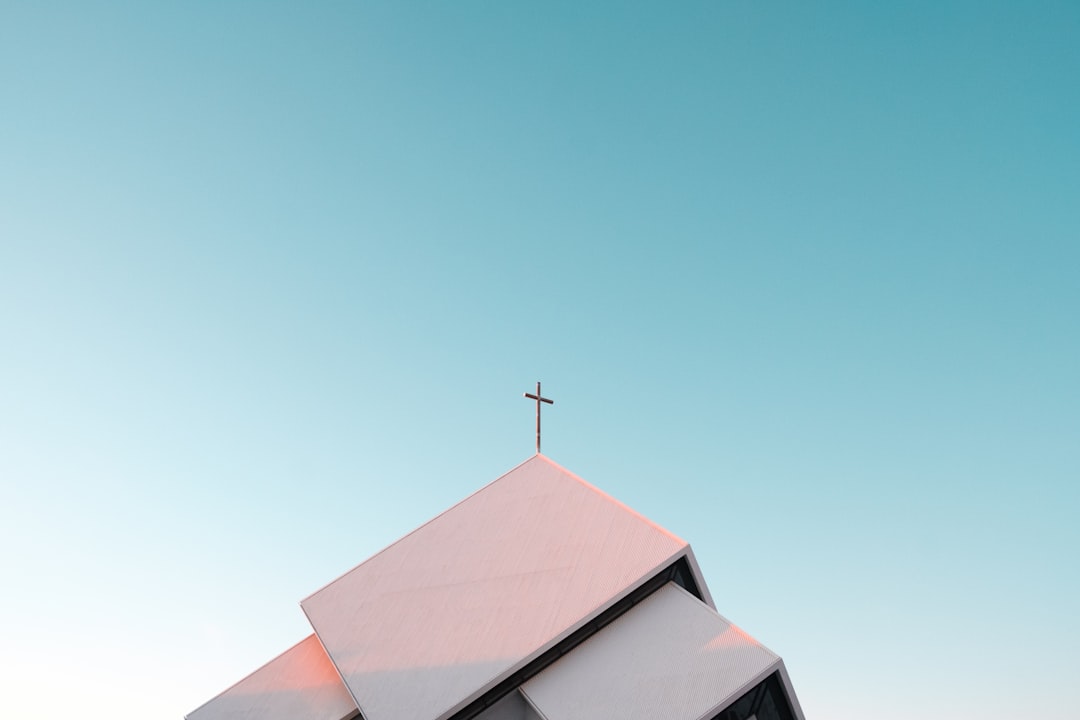In New York City, clergy abuse—including sexual misconduct, emotional manipulation, and financial exploitation by religious leaders—has garnered significant attention due to its complex interplay between spiritual leadership and legal consequences. Victims face challenges in coming forward but must understand that such actions are illegal under New York state law, with potential legal implications ranging from criminal offenses to civil lawsuits. Specialized clergy abuse lawyers in NY are crucial for navigating these complexities and securing justice. High-profile cases have led to institutional reforms and legislative changes, emphasizing the vital role of these lawyers in advocating for victims' rights and empowering survivors to come forward. Reporting incidents to local police immediately and reaching out to support organizations promptly post-incident ensures immediate help and the start of healing.
Sexual Assault Lawyer: Navigating Clergy Abuse in NYC
In the bustling city of New York, the issue of clergy abuse surfaces as a complex and sensitive topic. This article delves into the legal implications surrounding sexual assault within religious institutions, focusing on the vital role played by specialized lawyers. We explore how these professionals guide victims through the intricate legal system, ensuring their rights are protected. From understanding historical cases to offering support, this comprehensive guide aims to equip readers with knowledge, especially those seeking justice in NYC for clergy-related abuse.
Understanding Clergy Abuse and Its Legal Implications in New York City
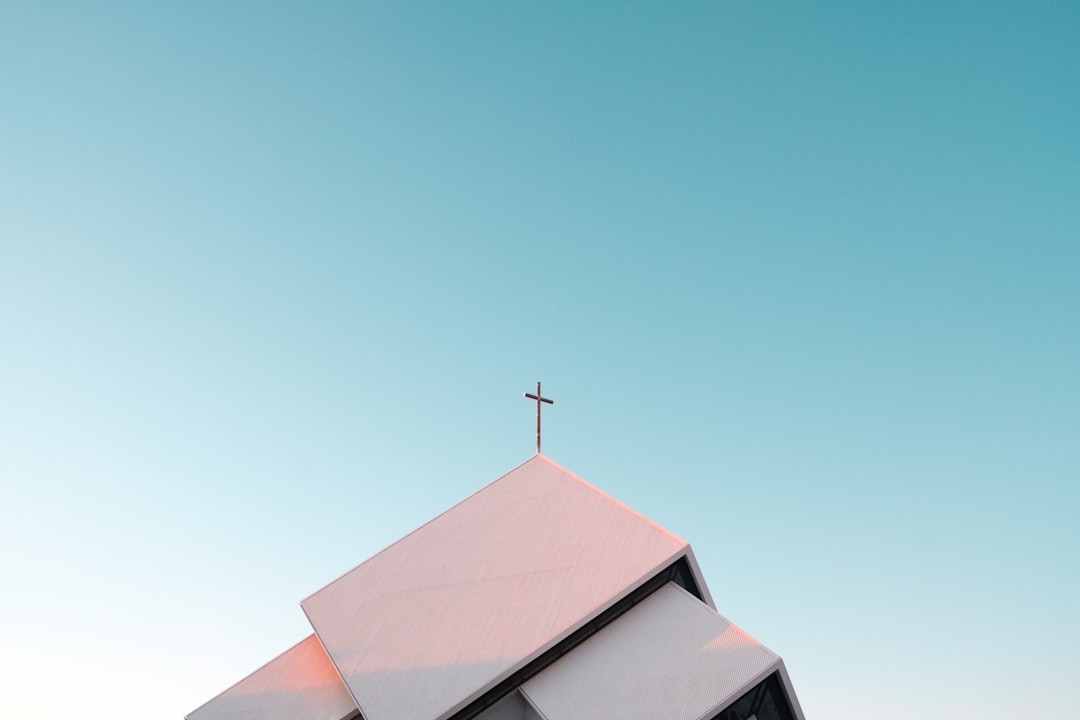
In New York City, the issue of clergy abuse has garnered significant attention in recent years, highlighting the complex interplay between spiritual leadership and legal consequences. Clergy abuse refers to any form of inappropriate or harmful behavior by religious leaders towards their congregation, including sexual misconduct, emotional manipulation, and financial exploitation. Given the sensitive nature of these cases, many victims struggle to come forward due to fear of retribution or shame. However, it’s crucial for victims to understand that such actions are not only morally reprehensible but also illegal under New York state law.
Legal implications for clergy abuse in NYC can be severe, with potential charges ranging from criminal offenses like sexual assault and harassment to civil lawsuits for damages and compensation. Victims may seek justice through both criminal and civil avenues, depending on the nature of the abuse and their personal circumstances. Engaging a specialized clergy abuse lawyer in NY is an essential step towards navigating these complexities, ensuring victims receive the support and legal representation they deserve during what can be a challenging and emotional process.
The Role of a Sexual Assault Lawyer in Clergy-Related Cases

In cases involving sexual assault within the clergy, a specialized lawyer is often essential to navigate the complex legal landscape and ensure justice for victims. These lawyers possess in-depth knowledge of both criminal and civil laws pertaining to sexual abuse, as well as a deep understanding of the unique dynamics and challenges that arise in clergy-related cases. They play a crucial role in protecting the rights of survivors while also addressing the sensitive nature of the issue within religious institutions.
A clergy abuse lawyer in New York, NY, will thoroughly investigate the case, gathering evidence and interviewing witnesses to build a strong legal strategy. They will advocate for their client’s rights, ensuring that the survivor receives the support and compensation they deserve. These lawyers often collaborate with various professionals, including therapists and forensic experts, to provide comprehensive assistance to victims who have suffered from such traumatic experiences within their communities of faith.
Navigating the Legal System: Rights and Options for Victims in NYC
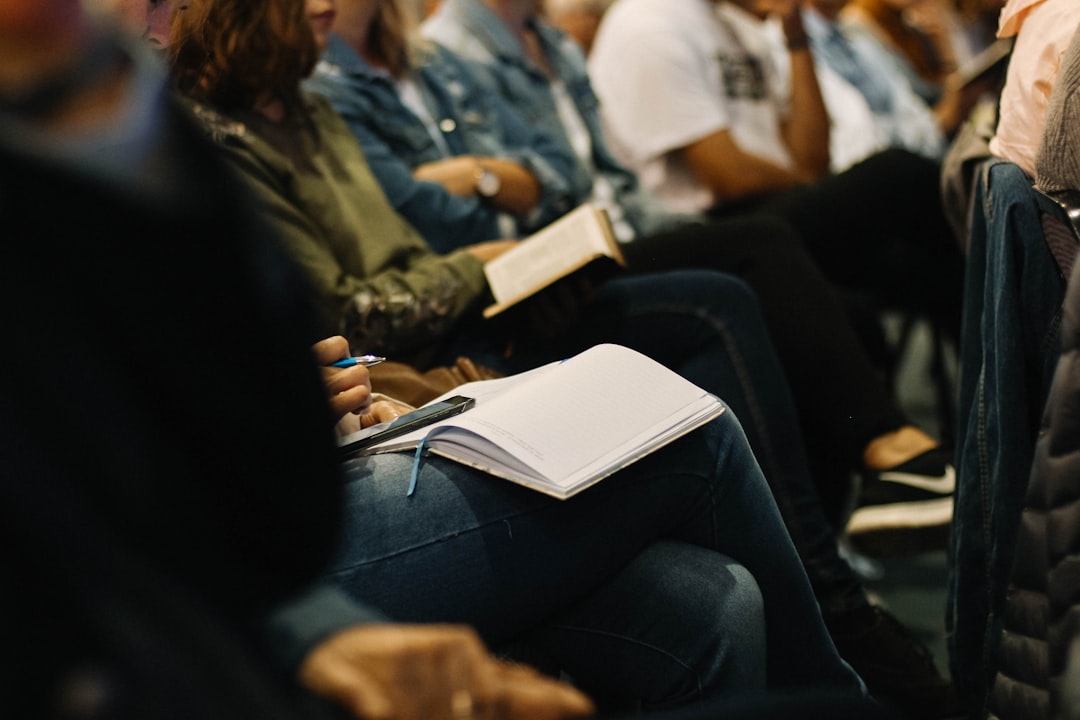
Case Studies: Notable Clergy Abuse Cases in New York History
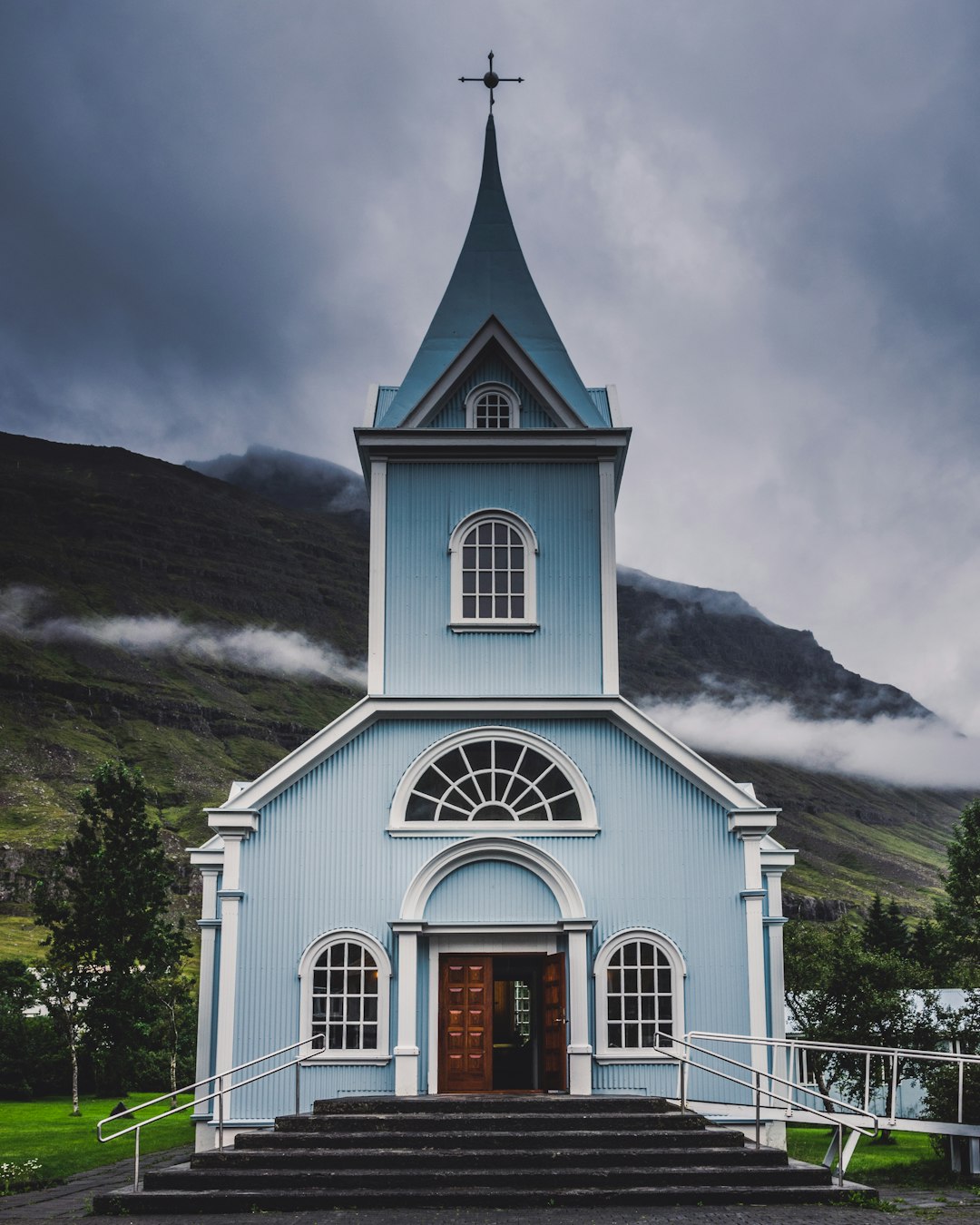
In the context of sexual assault cases involving clergy, New York City has witnessed several high-profile incidents that have shaped legal precedents and public discourse on clergy abuse. These notable cases highlight the complex dynamics between religious authority and personal rights, and serve as crucial case studies for understanding the challenges faced by victims seeking justice. One such instance gained national attention in the early 2000s when a prominent pastor was accused of sexual misconduct with multiple women within his congregation. This case led to significant reforms in how religious institutions handle complaints of clergy abuse, mandating stricter reporting protocols and increased transparency.
Another striking example is the ongoing struggle against a former priest who has faced numerous allegations of child molestation spanning several decades. This long-running legal battle has brought to light the issues of statute of limitations and institutional complicity in protecting abusers within the church. Such cases underscore the critical role of clergy abuse lawyers in New York, who specialize in navigating these complex legal landscapes and advocating for victims’ rights. These real-life narratives not only drive legislative changes but also empower survivors to come forward and demand accountability from those in positions of spiritual authority.
Support Resources and Steps to Take After an Incident of Clergy Abuse

If you or someone you know has experienced clergy abuse in New York, it’s crucial to know that support and justice are available. The first step is to report the incident to local law enforcement immediately. A clergy abuse lawyer in NYC can guide you through this process, ensuring your rights are protected. They can help navigate the legal system and provide a safe space to discuss your experience.
In addition to seeking legal counsel, there are various support resources available. Many organizations specialize in assisting victims of sexual assault and clergy abuse. These groups offer counseling services, legal aid, and community support. It’s important to reach out to these resources as soon as possible after the incident to receive the necessary help and begin the healing process.
